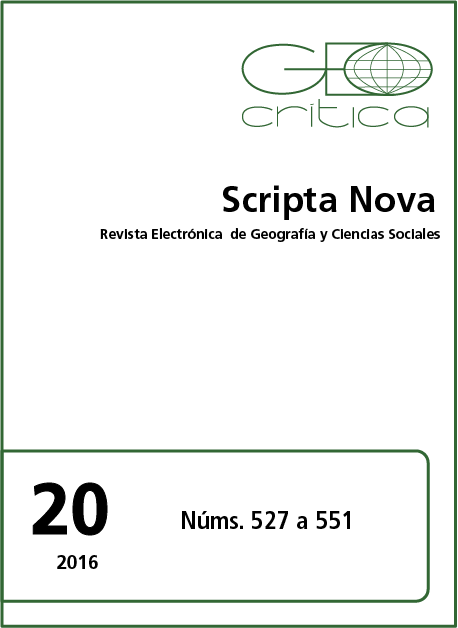540. Development and crisis of the workers’mutualism in Spain during the 20th Century: A new approach from the social capital
DOI:
https://doi.org/10.1344/sn2016.20.16794Keywords:
Workers’ mutual aid societies, social capital, social history, Spain, EuropeAbstract
To better understand the development of mutual aid societies, Sociedades de Socorros Mutuos (SSM), among Spanish workers in the 20th century, we propose new references on this issue and we analyze this process from the perspective of social capital. Our analysis confirms the late and limited development of this form of association in Spain, and contributes then to a better understanding of the slow pace of social development in Spain after the end of the Ancien Regime. The article also explores new evidences for the decline and transformation of mutual aid societies in the early 20th century and examines the causes and consequences of these changes. These decline and transformations can be associated with three groups of factors: the structure and mode of operation of mutual aid societies; the economic precariousness of some of these associations; and the competition posed by insurance companies and other social organizations. In order to compete and try to remain active, the SSMs were forced to grow in size and reach out to an ever-wider proportion of the population, both in social and geographical terms. These changes eroded the ties of reciprocity, and their management become more professionalized (the paradox of collective action). As a result, autonomous SSMs lost the prominent role that they had in the 19th century, and their place was occupied by a new kind of mutual aid organizations, more bureaucratic in nature.Downloads
Published
2016-07-15
Issue
Section
Articles
License
Los autores que publican en esta revista están de acuerdo con los siguientes términos:
- Los autores conservan los derechos de autoría y otorgan a la revista el derecho de primera publicación, cin la obra disponible simultáneamente bajo una Licéncia de Atribución Compartir igual de Creative Commons que permite compartir la obra con terceros, siempre que estos reconozcan la autoría y la publicación inicial en esta revista.
- Los autores son libres de realizar acuerdos contractuales adicionales independientes para la distribución no exclusiva de la versió de la obra publicada en la revista (com por ejemplo la publicación en un repositorio institucional o en un libro), siempre que se reconozca la publicación inicial en esta revista.





